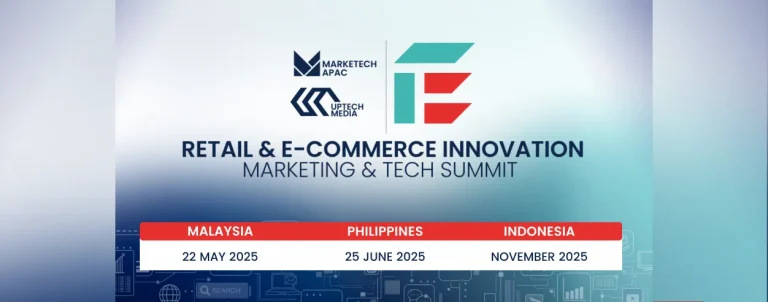Singapore – IBM and Anthropic have entered into a strategic collaboration aimed at advancing the use of artificial intelligence in enterprise software development.
The initiative involves integrating Anthropic’s Claude, a family of large language models, into IBM’s software suite to enhance productivity while embedding governance, security, and cost management throughout the software development process.
As part of the partnership, Claude will be incorporated into select IBM applications, beginning with IBM’s new AI-driven integrated development environment (IDE). The platform is designed to support the entire software development lifecycle, including modernisation projects, through advanced task automation and intelligent assistance.
“This partnership enhances our software portfolio with advanced AI capabilities while maintaining the governance, security, and reliability our clients expect,” Dinesh Nirmal, SVP of software at IBM, commented.
“We are providing development teams with AI that fits how enterprises work, not experimental tools that create new risks.”
Currently available in private preview to selected clients, the IDE is being trialled by more than 6,000 IBM users, who have reported notable gains in efficiency and cost-effectiveness while maintaining standards for quality and security.
The collaboration aims to support enterprises as they move from experimental AI initiatives to large-scale operational use. IBM’s expertise in software delivery, hybrid cloud systems, and regulated industries is expected to help ensure that AI technologies can be implemented within complex corporate environments that require robust compliance and security frameworks.
“Enterprises are looking for AI they can actually trust with their code, their data, and their day-to-day operations,” Mike Krieger, chief product officer at Anthropic, shared.
“This partnership with IBM lets us deliver AI capabilities with the same level of safety and reliability our customers expect, bringing it to even more enterprise teams while building the open standards that make AI agents genuinely useful in business environments.”
The new IBM IDE, powered by large language models such as Claude, is designed to enhance developer productivity across multiple programming languages and workflows.
It enables large-scale modernisation of legacy systems, automated upgrades and framework migrations, and intelligent code generation and review accounts for architectural patterns, security policies, and regulatory requirements. The system also supports end-to-end orchestration across development, testing, deployment, and maintenance stages, while embedding security directly into the process to enable early vulnerability detection and compliance with standards such as FedRAMP and quantum-safe cryptographic practices.
In addition, IBM has developed a new guide titled Architecting Secure Enterprise AI Agents with MCP, verified by Anthropic.
This framework introduces the Agent Development Lifecycle (ADLC), which outlines structured practices for designing, deploying, and managing AI agents within enterprise settings. The methodology addresses the need for rigorous operational and security standards as businesses adopt autonomous and intelligent agentic systems.
IBM will also contribute enterprise-grade resources to the Model Context Protocol (MCP) community, including open-source tools, architecture templates, and best practice documentation drawn from its experience in deploying AI at scale.
The companies are exploring opportunities to extend Claude integration across additional IBM products, reflecting a shared commitment to promoting secure, efficient, and transparent AI adoption in enterprise software development.












